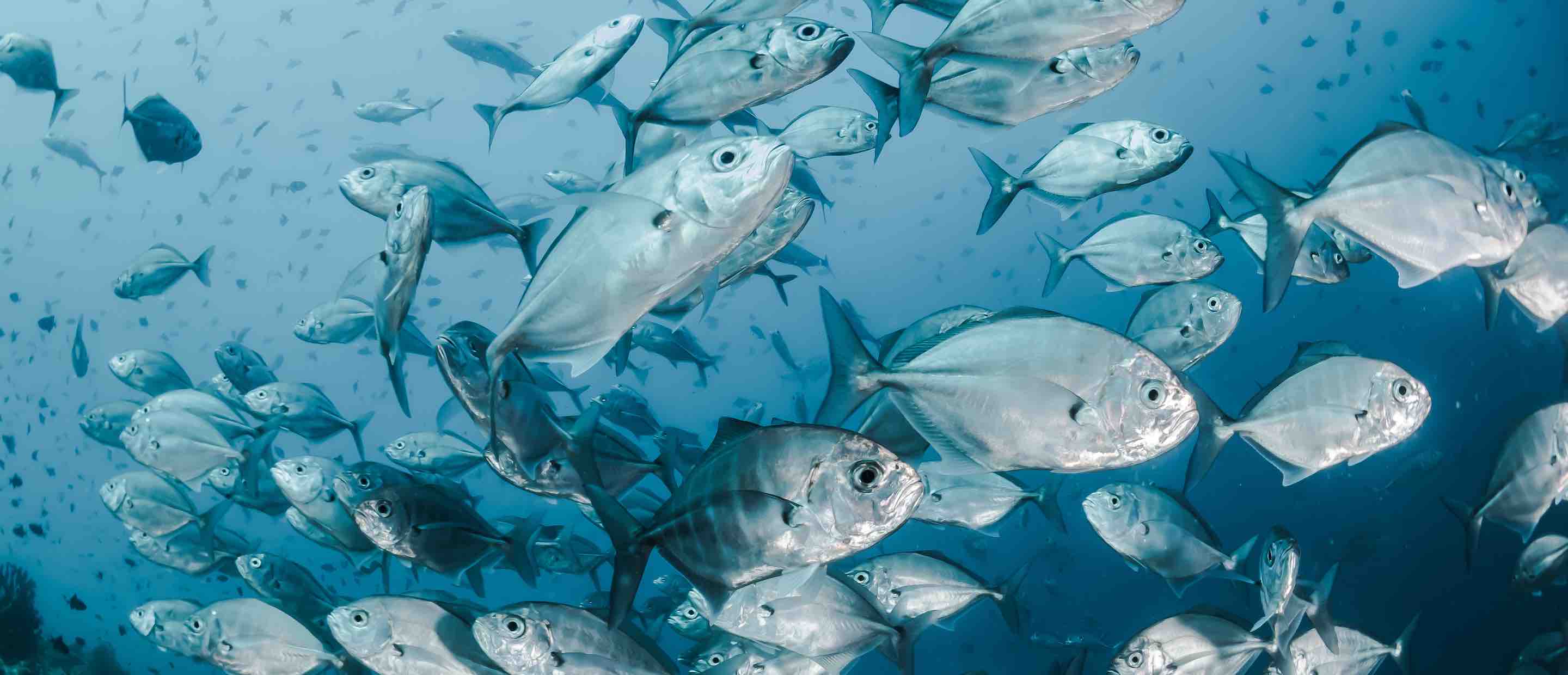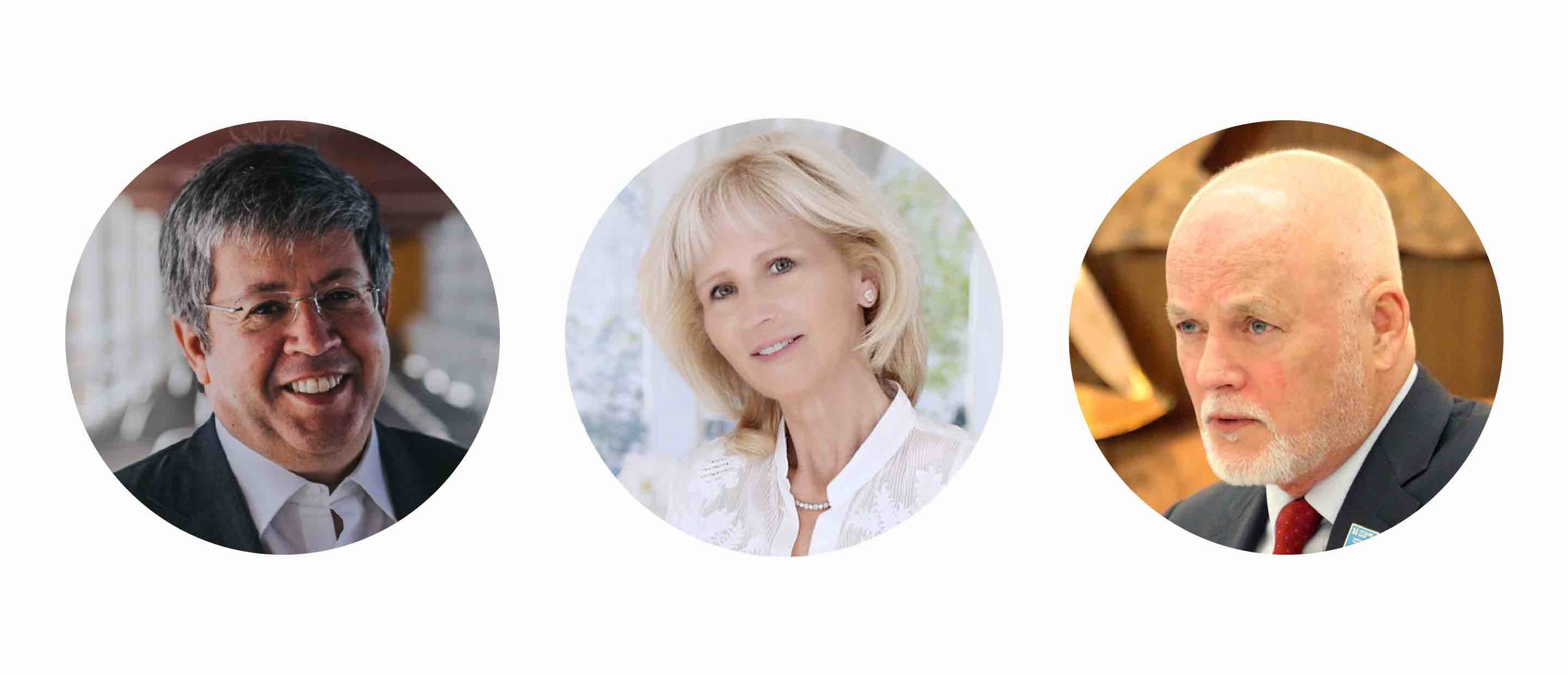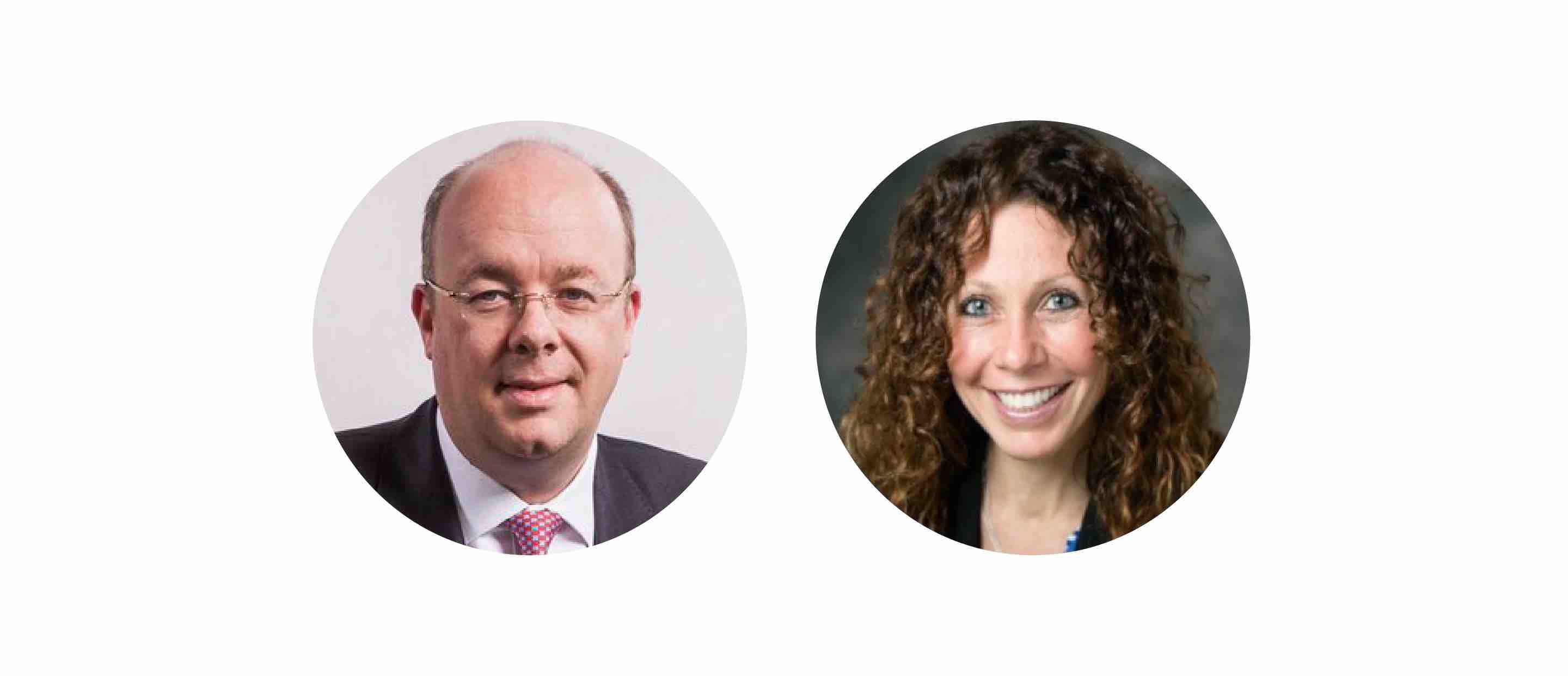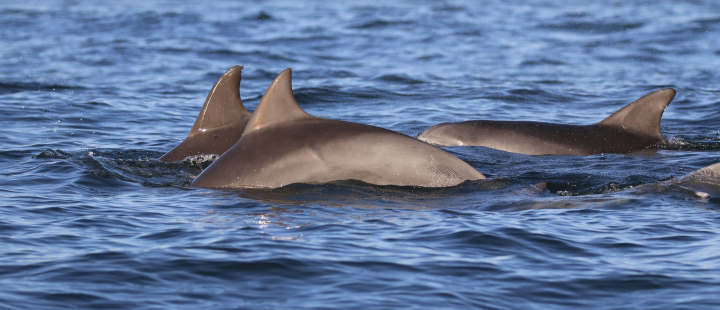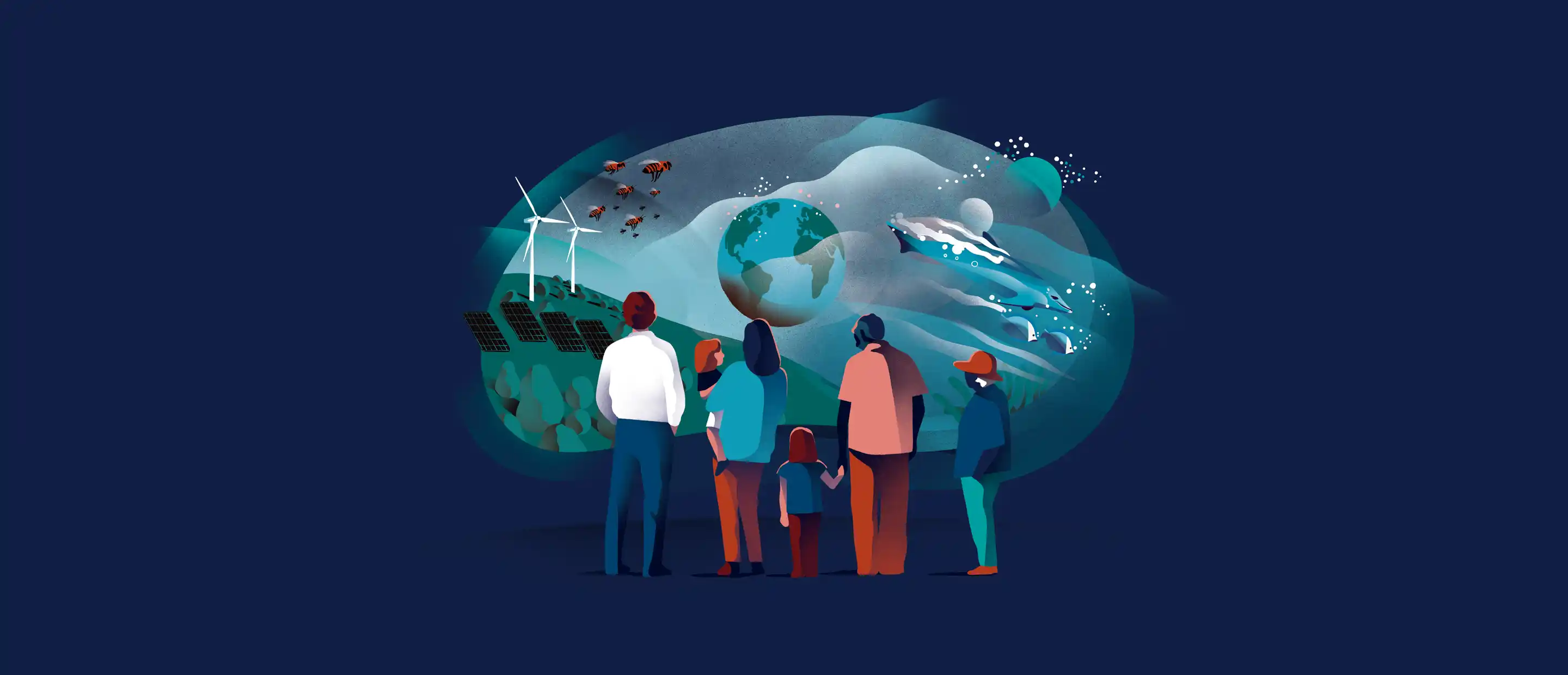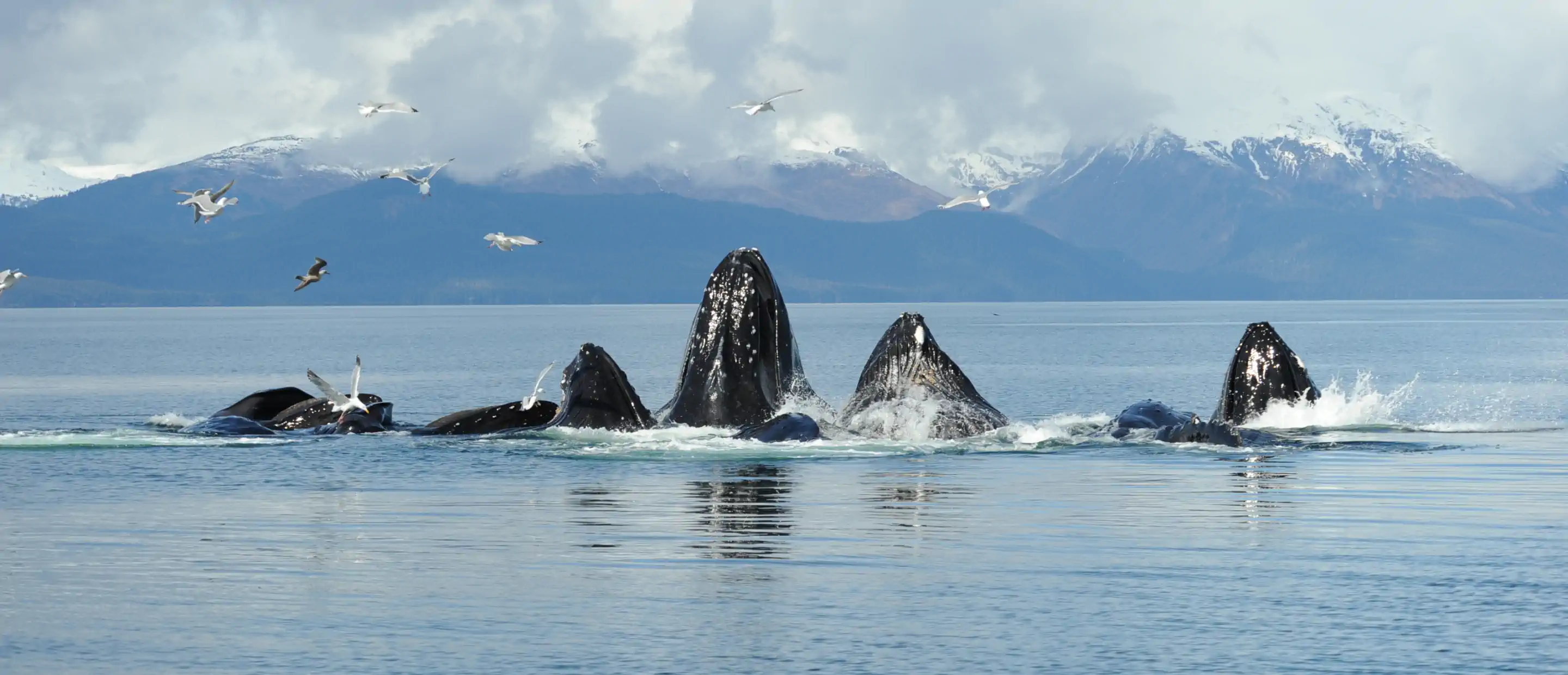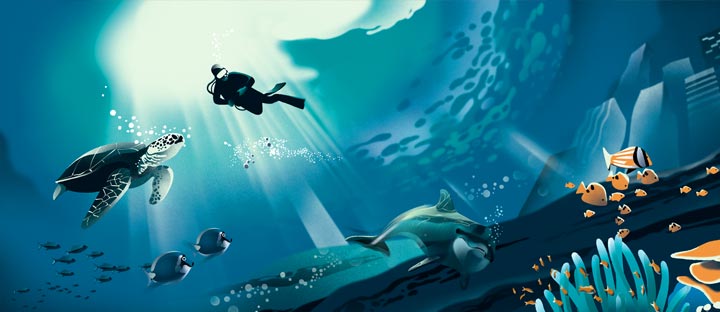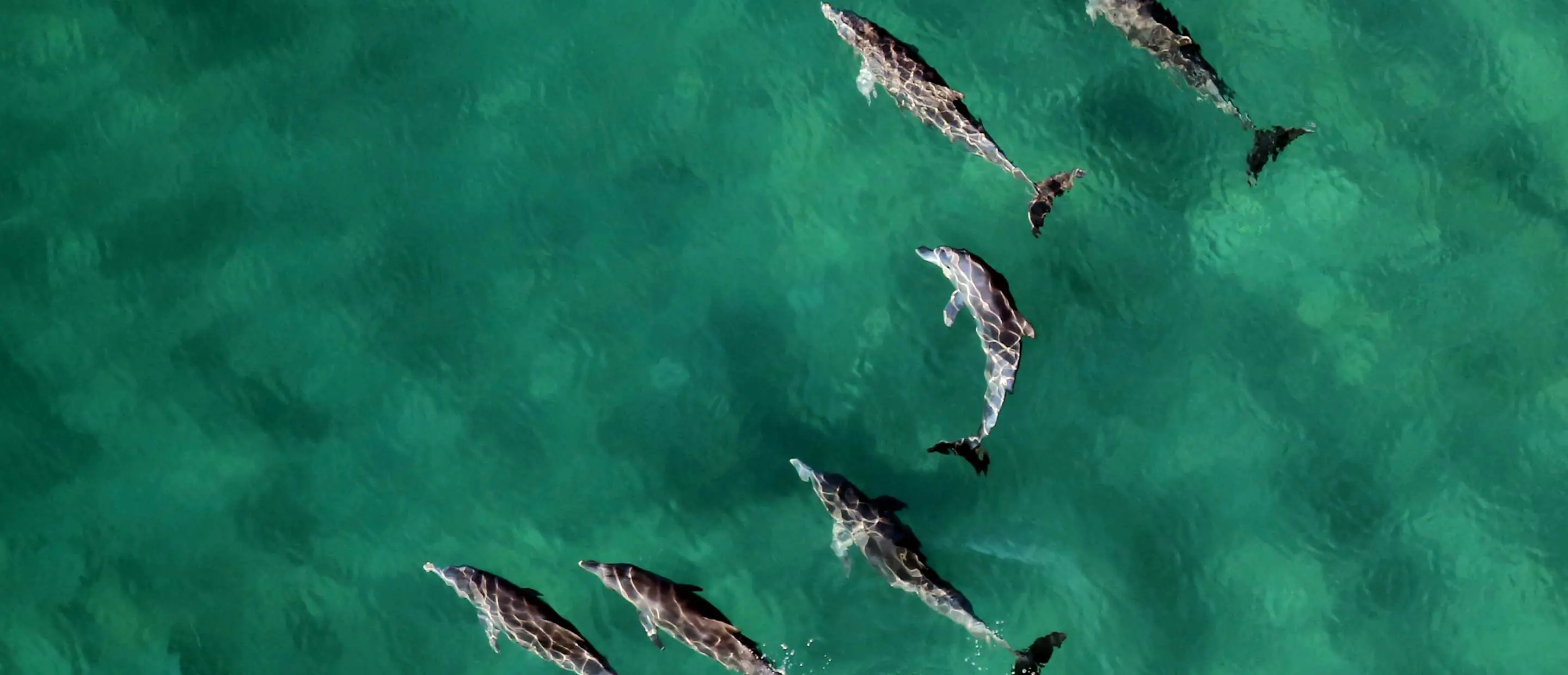Click here to activate this content.
Our second Wealth with Responsibility event focusing on ocean conservation saw three leading voices gather to explain the dangers facing our oceans, the steps we must take to protect them – and how we as individuals can have a meaningful impact.
The best value that successful people have is the capacity of engagement. So I would say, please engage. Engage and find ways to know about this issue. Find ways to increase your understanding of the problem.” These galvanizing words from José Soares dos Santos, Chairman of Oceano Azul Foundation, set the tone for a discussion about the future of our oceans that was in turn insightful, inspirational and urgent.
The event took place on Wednesday, April 14, 2021 and was hosted by Claudio de Sanctis, Head of the International Private Bank and CEO EMEA, and a passionate believer in ocean conservation. Alongside José Soares dos Santos, he was joined by Ambassador Peter Thomson, UN Secretary-General’s Special Envoy for the Ocean, and Helga Piaget, Founder of Passion Sea.
Our distinguished speakers offered unique perspectives on the challenges we face and how we can overcome them. From identifying investment opportunities in the blue economy to safeguarding marine-protected areas – and inspiring the next generation.
Making ocean education part of the national curriculum
In Portugal, the ocean is being given a voice. Oceano Azul Foundation has created an ocean education programme to integrate ocean literacy into the mainstream curriculum for the country's first cycle of basic information.
José Soares dos Santos, the foundation’s chairman, explained how this programme is opening people’s eyes to the impact the ocean has on every part of their lives, wherever they happen to live. Teachers are taking it into their communities, children are taking this message home and the results have been remarkable.
Dos Santos’ passion for ocean education was clear – and so was his passion for how investors can make a difference. He noted that the best way the ocean can profit from investors is “your creativity, your brains and your capacity of compromise and your energy to realise.”
His advice was for investors to find a topic they are interested in, then focus on one company. That focus will make an impact. And in time, that impact could change the world.
Blue economy projections from an investment perspective
Christian Nolting, Global Chief Investment Officer and Head of Investment Solutions for Deutsche Bank International Private Bank, looked at how certain sectors are expected to fare leading up to 2030. He predicted a downturn in offshore oil production and an 8% increase per annum in offshore renewable energies, as well as 15-20% growth in sustainable fishing.
Looking ahead through the lens of sustainability, he suggested that the Sustainable Blue Economy Finance Principles would serve as the “gold standard for investing in the maritime economy and they are the first global guide for investors; not only for banks, but for all others, institutional and private investors as well.”
Underpinning these principles is the UN’s Sustainable Development Goal 14. And as UN Secretary-General’s Special Envoy for the Ocean, Ambassador Peter Thomson is leading the charge to implement it.
We have the blueprint – now it’s time to implement it
Ambassador Thomson began by referring to a special report by the Intergovernmental Panel on Climate Change (IPCC) stating that it’s highly likely that 99% of coral reefs – “the bunkers of marine life” – will be lost if temperatures rise by 2°C. He then warned we are currently on a trajectory of 3°C by the end of this century.
Ambassador Thomson couldn’t have been clearer about what’s at stake and what must be done: “we need to make peace with nature... this is really the time to be amongst the peacemakers or suffer the bitter consequences.”
But there was also cause for optimism: in the Paris Climate Agreement and the UN’s 2030 Sustainable Development Agenda, we have a clear blueprint for a better future. We just need to put it into action.
If we are to keep global warming well below 2°C, we need to move to a net-zero economy by 2050. As Ambassador Thomson said, it is a journey that will take “coordination, partnership, and inclusivity… and obviously, philanthropy has a role in that inclusivity and partnership.”
Unlocking the life-giving potential of marine-protected areas
There are proven tools out there already being employed to breathe life back into our oceans. One of these is the creation of marine-protected areas. They replenish marine biodiversity, make the ocean more resilient to climate change and keep coastal ecosystems intact. Developing countries have a vested interest in creating marine-protected areas and are actively looking for partners.
Ambassador Thomson was vigorous in his endorsement for how fruitful these collaborations can be: “Nowhere is partnership by philanthropies and local communities more rewarding than in the creating and maintaining of marine-protected areas.”
He cited the work already being done by the Bertarelli Foundation, which is working with governments, non-governmental organisations (NGOs) and local communities to create some of the world’s largest marine reserves. A coalition of countries is now calling for 30% of the ocean to be formally protected by 2030 – and Ambassador Thomson was confident that this will become the global target at the UN Convention on Biodiversity in Kunming, China, in October 2021.
Why protecting our ocean requires emotional engagement from the next generation
Bringing the discussion full circle, Helga Piaget, Founder of Passion Sea, returned to the topic of education – and the importance of inspiring the next generation. She talked with verve about her work and how her organisation helps children “understand that water is not only what we need, it’s what we are.”
For schools without the time to teach children about looking after our oceans, Piaget’s solution is to use art to convey the message and further the cause. The joy children find in creation stays with them longer and “when they learn something at school, they mostly go back, and they try to change habits at home in their family life.”
Piaget was also attuned to the need to engage children in a world where the influence of celebrities and stars holds considerable sway: “We have to try to get heroes, heroes for this young generation like celebrities and stars that they admire… that are also getting involved in environmental issues and giving the children motivation and positive influence.”
Final thoughts from three distinct perspectives
Following a vibrant Q&A session, each of our guest speakers was asked for their final thoughts. Their responses were very different – yet a common thread ran through each one: hope.
José Soares dos Santos spoke with spirit about an emerging blue economy buoyed by new technologies, new ideas and new frontiers. He said that while there will be risks, there will also be many rewards.
Ambassador Thomson touched upon the incredible potential of sustainable aquaculture, like non-fed shellfish and seaweed, to catalyse local economies. He also pointed out that it can be done on a vast global scale to clean up our environment.
And finally, Helga Piaget asked the audience to do one simple thing. “Let’s connect back to nature… let’s love nature.”
